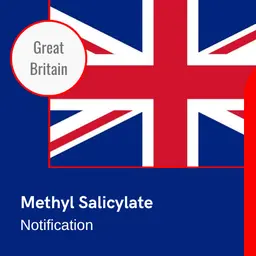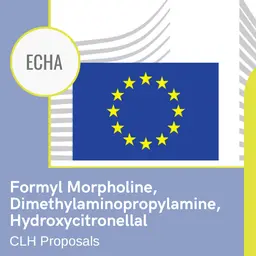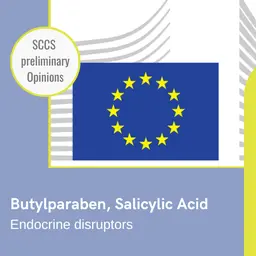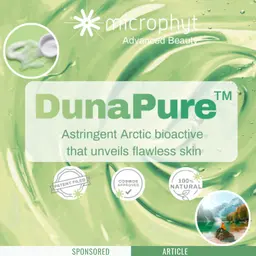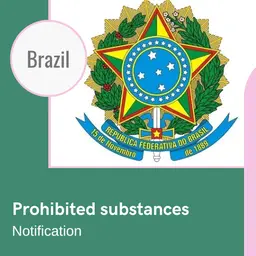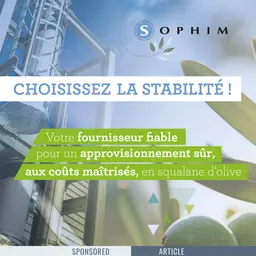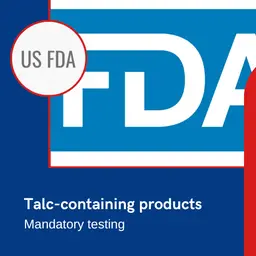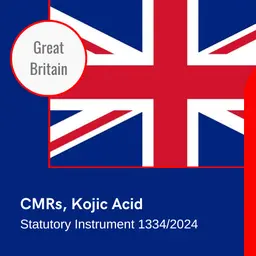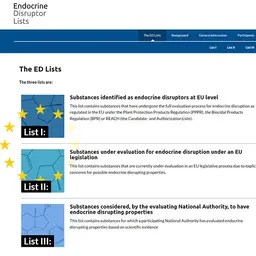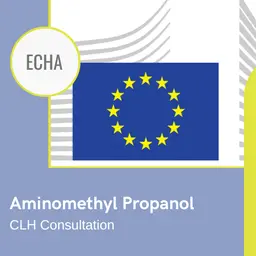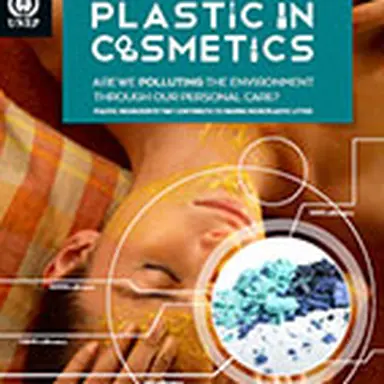
A report released by the UN Environment Programme (UNEP) on 8 June 2015 recommends a precautionary approach toward microplastic management, with an eventual phase-out and ban of their use in personal care products and cosmetics.
UNEP press release
The study, entitled Plastic in Cosmetics: Are We Polluting the Environment Through our Personal Care - Plastic ingredients that contribute to marine microplastic litter is a compilation of currently available knowledge on the linkages between cosmetics and plastic pollution in the oceans.
For the last 50 years, microparticles of plastic, called microplastics, have been used in personal care products and cosmetics (PCCP), replacing natural options in a large number of cosmetic and personal care formulations. Washed down the drain, those particles cannot be collected for recycling, nor do they decompose in wastewater treatment facilities, inevitably ending up in the global ocean, where it fragments and remains.
More than 299 million tonnes of plastic was produced worldwide in 2013 some of which made its way to our oceans, costing approximately US$13 billion per year in environmental damage to marine ecosystems. Once in the ocean, plastic does not go away: it fragments, eventually breaking down into smaller pieces known as secondary microplastics.
As society has developed new uses for plastic, the variety and quantity of plastic items found in the environment, has increased dramatically. Microbeads and other plastic ingredients are present in products ranging from toothpaste and shower gel …

